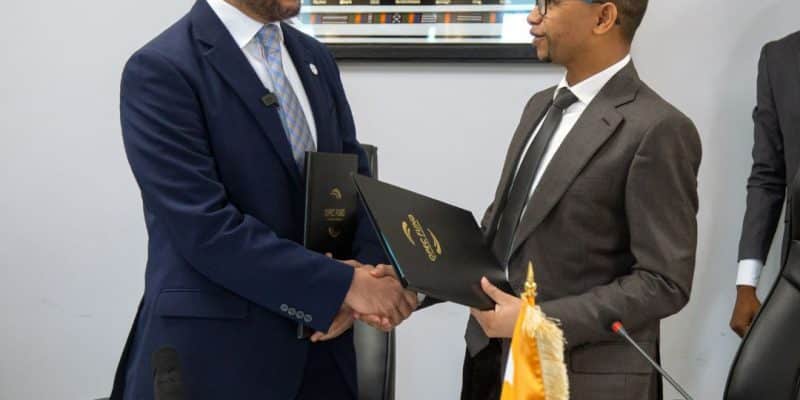The Opec Fund for International Development (OFID) has signed a $25 million loan agreement with the government of Niger. The funding will support the implementation of a project to electrify thousands of households in three cities using solar photovoltaic energy.
Niger has secured new financing for the implementation of the Niger Solar Power Plant Development and Electricity Access Improvement Project (RANAA). The $25 million loan is provided by the Opec Fund for International Development (OFID). The funding comes just weeks after the African Development Bank (AfDB) approved a $138.21 million package with the Green Climate Fund (GCF).
“Our support will enable Niger to increase access to affordable, clean energy and improve the overall capacity of the power grid, which will make a real difference in people’s lives. The Opec Fund is committed to addressing the twin challenges of energy access and climate action, and ensuring that no one is left behind,” says Abdulhamid Alkhalifa, the fund’s managing director from the Organization of Petroleum Producing Countries (OPEC).
The development of a 40 MWp capacity
The Ranaa project includes the construction of three solar photovoltaic power plants of 40 MWp. The largest, with a capacity of 20 MWp, will be built in Maradi, Niger’s third largest city in the south. Another solar power plant with a capacity of 10 MWp will be built in Dosso in the southwest of the country, as well as a third of 488 kWp in Diffa. These installations will be accompanied by 1,203 km of medium-voltage and 1,484 km of low-voltage distribution network, as well as 300 medium and low-voltage transformer stations.
Read also- NIGER: the “Haské” programme is launched to accelerate access to clean energy
These solar power plants will be connected to the Nigerien Electricity company (NIGELEC) grid. The public company will then be able to connect 111,864 households and businesses with prepaid meters in 186 localities. This will give at least 750,000 people access to electricity in a country where 80% of the population still do not enjoy the benefits of this basic service.
In addition to the electrification of cities with the support of Ofid, the Ranaa project will also enable the electrification of 12 villages via solar-powered mini-grids. These installations will allow the realization of 1,877 connections. According to the AfDB, the project will be implemented between 2023 and 2027 and will cover all eight regions of Niger, including 17 urban centers (all regional capitals, including Niamey, the capital), where the electricity network will be densified, and 186 localities.
Jean Marie Takouleu






